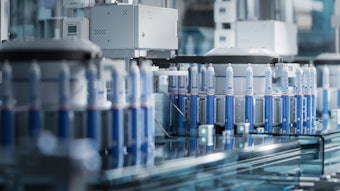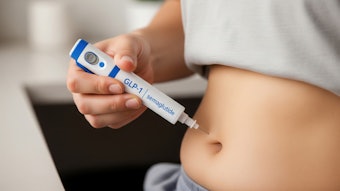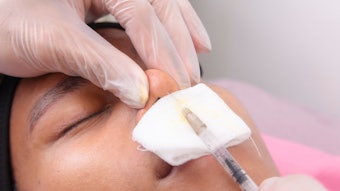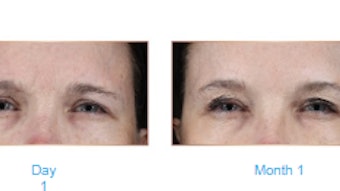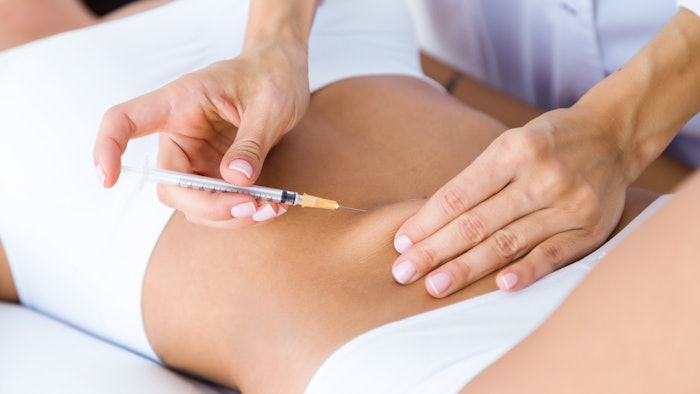
A new class of compounds could provide the benefits of gastric bypass surgery without going under the knife, according to research presented at the spring meeting of the American Chemical Society (ACS). The injectable peptide compounds could reduce eating and boost calorie burn while avoiding the side effects of nausea and vomiting that are common with current weight-loss and diabetes drugs.
In rat models, these compound treatments promoted dramatic weight loss and lowered blood glucose. Those benefits are linked to a post-bypass-surgery change in the gut’s secretion levels of certain hormones—including glucagon-like peptide-1 (GLP-1) and peptide YY (PYY)—that signal fullness, curb appetite and normalize blood sugar, according to ACS.
Related: Ozempic Has Started a Weight Loss Revolution
Current drugs that aim to replicate the effect have shown great success in reducing weight and treating diabetes by activating the cellular receptors for GLP-1 in the pancreas and brain. However, many people can't tolerate the drugs' side effects, creating a need for an alternative that is more tolerable, according to Robert Doyle, Ph.D., one of the two principal investigators on the project, along with Christian Roth, M.D.
The duo's team created a peptide that activates two receptors for PYY, as well as the receptor for GLP-1. This compound (called GEP44) caused obese rats to eat up to 80% less than they would typically eat. By the end of one 16-day study, they lost an average of 12% of their weight, per the study. That was more than three times the amount lost by rats treated with liraglutide, an injected drug approved by the FDA for treating obesity that activates only the GLP-1 receptor. In contrast to liraglutide, tests with GEP44 in rats and shrews revealed no sign of nausea or vomiting, possibly because activating multiple receptors may cancel out the intracellular signaling pathway that drives those symptoms, according to Doyle.
The peptide compound can also reduce blood sugar by pulling glucose into muscle tissue and converting certain cells in the pancreas into insulin-producing cells that replace cells damaged by diabetes, according to ACS. The researchers also reported that GEP44 reduced the craving for opioids in rats.
GEP44 has a half-life in the body of only about an hour, but the team has also designed a peptide with a longer half-life. Doyle said that rats treated with this next-generation compound keep their new, slimmer physique even after treatment ends, which often isn’t the case with currently approved drugs.
The researchers have filed for patents on their compounds, and they plan to test their peptides in primates. They will also study how the treatments change gene expression and rewire the brain, and what that could mean for these compounds, as well as other types of medication, according to ACS.


